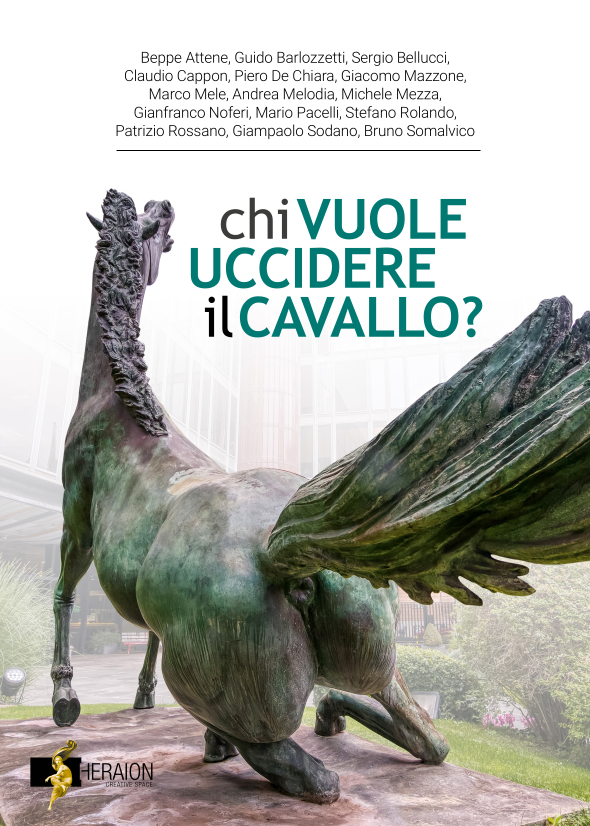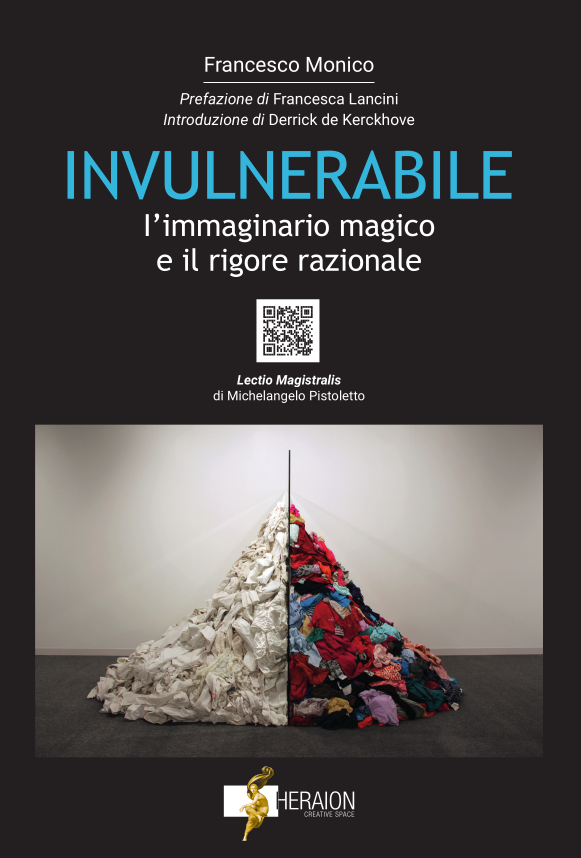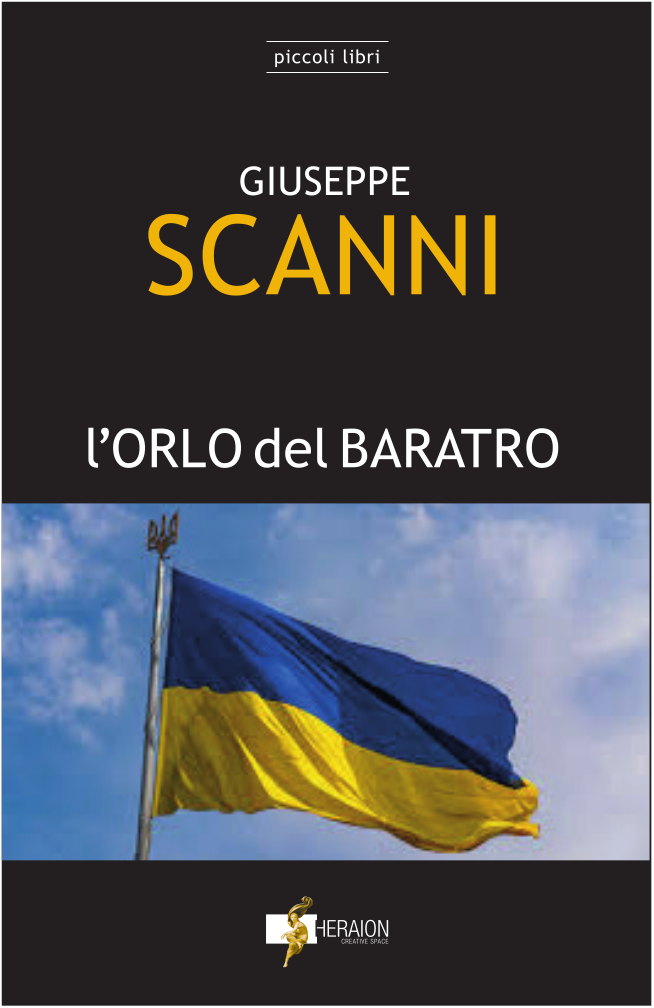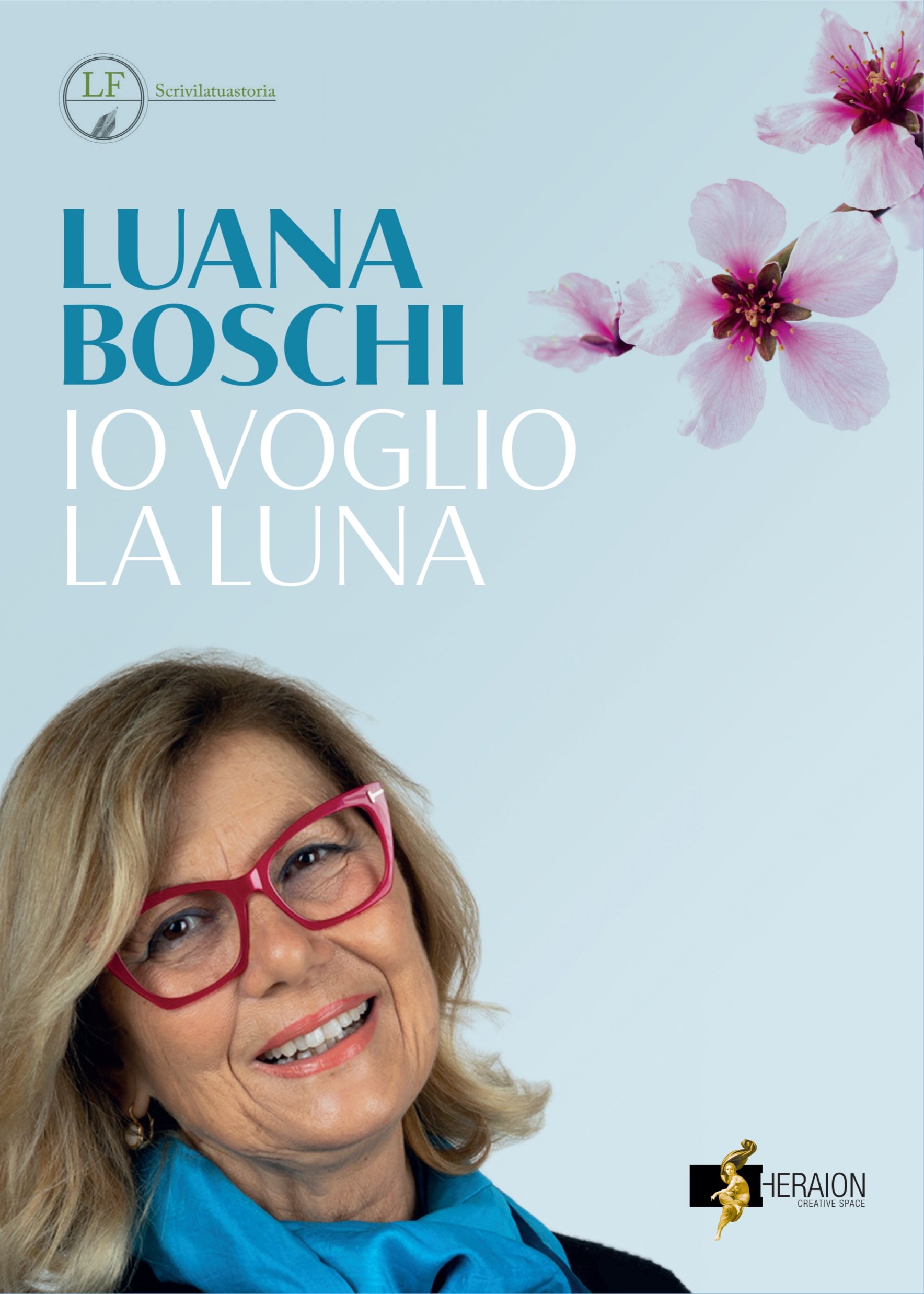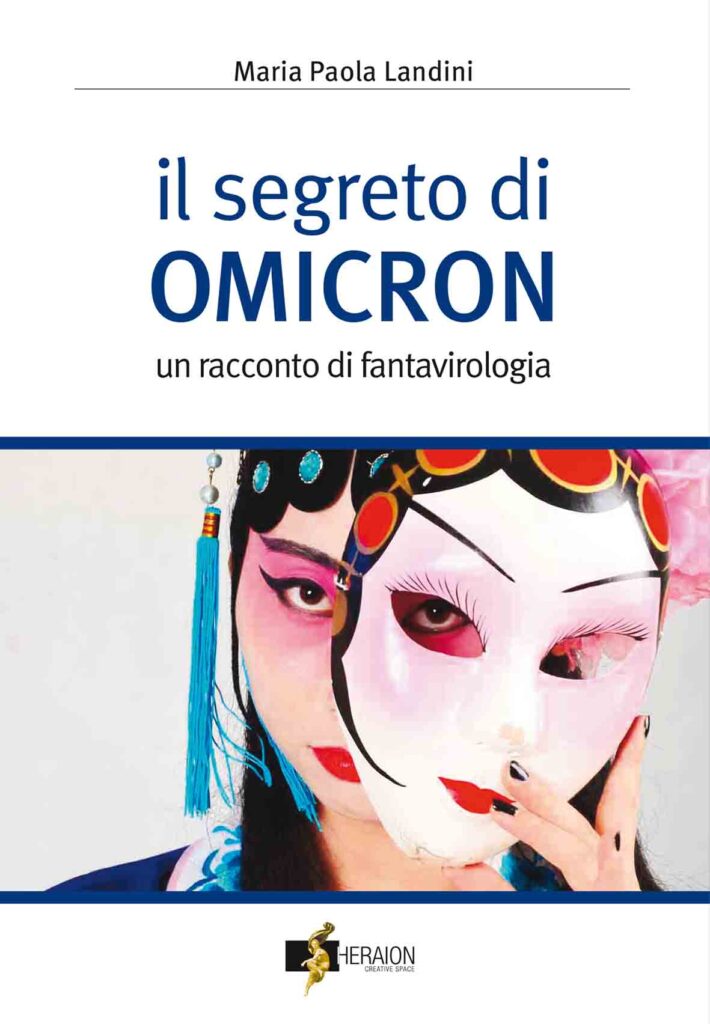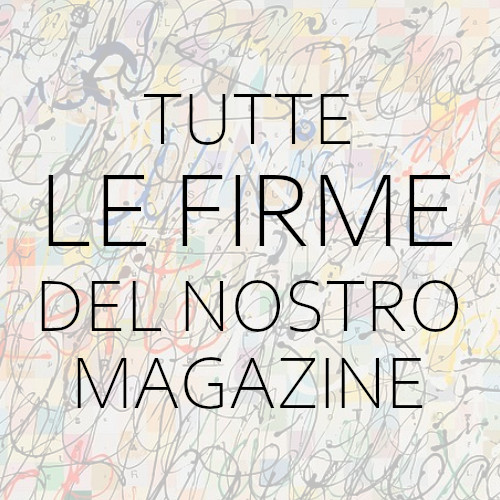Christianity and Late Antiquity – Part II
by Riccardo Piroddi
L’articolo esamina lo sviluppo del pensiero politico nella tarda antichità, concentrandosi su Agostino di Ippona, papa Gelasio I, papa Gregorio VII e le loro teorie. Agostino propone una visione dualistica della società, rappresentata dalla “Città di Dio”, fondata su umiltà e giustizia divina, e dalla “Città degli Uomini”, caratterizzata da orgoglio e brama di potere. Egli sviluppa il concetto di “guerra giusta” come strumento per correggere l’ingiustizia, pur ribadendo che la vera giustizia è raggiungibile solo attraverso la legge di Dio. Papa Gelasio I introduce la teoria delle “due spade”, distinguendo tra potere politico e religioso, ma subordinando il primo al secondo. Questa posizione, tuttavia, lascia irrisolti alcuni aspetti della relazione tra le due sfere. Il documento discute anche la Donazione di Costantino, che contribuì alla legittimazione del potere temporale della Chiesa. Papa Gregorio VII consolida il primato papale attraverso il Dictatus Papae, che stabilisce la supremazia del pontefice sugli imperatori, alimentando il conflitto tra autorità ecclesiastica e statale. Questi temi evidenziano un continuo dibattito sulla separazione e l’interazione tra potere spirituale e temporale nella storia politica occidentale.
Augustine of Hippo
Augustine (354–430 AD), a philosopher and theologian from Tagaste (modern-day Tunisia), stands as a central figure in Patristics, integrating Neo-Platonic philosophy with Christian doctrine. He prioritized faith in the hierarchy of human values, encapsulated by the phrase credo ut intelligam (“I believe in order to understand”). This maxim conveys that faith illuminates reason, while reason in turn stimulates and nurtures faith (intelligo ut credam).
In The City of God, Augustine contrasts two cities: the City of God and the City of Men. These cities symbolize the dichotomy between obedience and transgression, not only in terms of virtue and sin but also in adherence to or rejection of the divine order.
The City of God is characterized by humility, a virtue rooted in divine grace, where the lex aeterna (eternal law) prevails. This heavenly city is grounded in God’s inspired work—the Holy Bible—esteemed as superior to all human literary creations.
Conversely, the City of Men is composed of prideful citizens who seek to claim a glory that belongs solely to God. It is marked by the rulers’ libido dominandi, or the lust for power. Augustine thus illustrates how Christianity has endowed humanity with values like respect for dignity and fundamental human rights, elevating the moral and ethical foundation of society.
For those who belong to the City of God, wealth is defined by faith, piety, and the recognition of goodness. In this context, true wealth lies in obedience to God’s will and order. In contrast, the inhabitants of the earthly city focus solely on the transient and perishable. The Church serves as the mediator between the temporal city and the eternal one, embodying the visible presence of the City of God on earth. Augustine views the Church as the place where the Christian duty is fulfilled, guiding believers toward eternal happiness.
He urges people to endure the injustices of the corrupt earthly state while preparing for the transition to the heavenly state, where God’s will reigns as law. Nevertheless, Augustine emphasizes that, even in earthly life, the pursuit of justice is essential. Justice not only forms the core of morality but also underpins the proper structure of the state, serving as an indispensable requirement for both.
According to Augustine, without true justice—defined as “the virtue that distributes to each what is his”—there is little distinction between the State and a band of thieves who unite to exploit their subjects. A state lacking in justice contradicts the fundamental Christian values of love and fairness. In Augustine’s view, the difference between large empires and gangs of criminals lies only in the scale of their wrongdoings: criminals steal on a small scale, while states do so on a grand scale, yet both are equally condemnable.
Ultimately, Augustine asserts that true justice is unattainable in the earthly State. Only through adherence to God’s law can a ruler create a morally righteous State that ensures the welfare of its citizens. This concept underscores the Christian idea of Providence, which governs the fate of both individuals and nations.
A ruler, or “prince,” must exercise power justly, with humility, recognizing that he is merely human and not divine. He should administer justice without arrogance, being measured in the application of punishment and showing mercy when appropriate—not to let wrongdoing go unpunished, but with the hope of rehabilitation. Severity must be tempered with indulgence and generosity. The ruler must control his own desires, prioritizing mastery over his passions rather than seeking dominance over enemies, and should pursue eternal happiness rather than earthly glory.
Above all, he must demonstrate humility, compassion, and prayer, offering these to God as acts of devotion and repentance for his sins.
Augustine viewed war as a tool wielded by politicians to acquire and maintain power, considering it one of the inevitable aims of political life. However, he also acknowledged that war could have a positive dimension. If the pursuit of peace represents a noble ideal, then any means, including war, might be justified in achieving it. Thus, Augustine formulated the concept of the “just war,” a conflict that even a Christian may engage in, while distinguishing it from an unjust war, which a Christian must reject.
A just war, according to Augustine, arises in response to the injustice of an enemy. Such a war is justified only when it defends the highest values, those aligned with the City of God, as opposed to the corrupting values of the City of Men. Augustine contended that injustice is the very foundation of war, as human power throughout history has often been legitimized by bloodshed and violence.
While a Christian may reluctantly accept the necessity of war to correct injustice, this acceptance comes with the sorrow of those who endure the inevitable suffering it brings. Augustine further emphasized that if human nature, through the proper use of free will, consistently adhered to justice and Christian values, war would not exist. The tragedy of war, therefore, is deeply rooted in humanity’s failure to live according to the moral tenets of the Christian faith.
Pope Gelasius I and Donation of Constantine
An apparently contrasting view to Augustine’s conciliatory approach is the curialist position of Pope Gelasius I, who articulated the theory of the two swords. According to this theory, political and religious powers are distinct, with the former being subordinate to the latter. Political authority derives its legitimacy from God, but the Pope (Pontifex) acts as the sole bridge between heaven and earth, implying that religious power ultimately holds supremacy.
However, Gelasius’s interpretation leaves unresolved the relationship between politics and religion as both originate from God. It also does not clarify whether political power should be subordinate to religious authority solely within the spiritual realm or more broadly.
These ambiguities gave rise to political Augustinism, a theory seeking a balance between political and spiritual power, achieved through the absorption of secular law into ecclesiastical law.
The implicit goal of this theory was to assert the complete autonomy of Rome from Byzantium, a process that culminated with the Donation of Constantine (337 AD). Through this act, Constantine, who converted to Christianity on his deathbed, purportedly granted the Pope control over the Italian provinces and the imperial crown, paving the way for the establishment of the “State of the Church.” This temporalization of the Church became part of a broader strategy to integrate bishops into the feudal system, thereby placing them in a relationship of subordination to the emperor.
Pope Gregory VII
This vision of papal supremacy was reinforced by Pope Gregory VII, whose Dictatus Papae became the foundational charter of Roman Catholicism and its theocratic, curialist concept of power. Gregory VII asserted the absolute authority of the pope, claiming the right to depose emperors (a theocratic notion) and advancing the theory of Petrine succession. He argued that just as Peter’s power derived from Jesus, the pope’s authority comes directly from God and surpasses that of emperors, which is limited to earthly matters.
Gregory VII’s doctrines created a significant schism between the Church and emerging national states.
The so-called imperialists, drawing from Roman law, countered by delegitimizing the pope’s personal authority in favour of divine sovereignty. They maintained that individuals were bound to obey God, not the pope, within the realm of personal conscience, while still respecting the political authority of the emperor.
The imperialists’ goal was to reinforce the principle of secular law, resisting the Church’s increasing interference, particularly through canon law, in the lives of Christians. This ideological conflict represented a broader struggle over the boundaries between spiritual and political power, as the Church sought greater influence over both realms.


